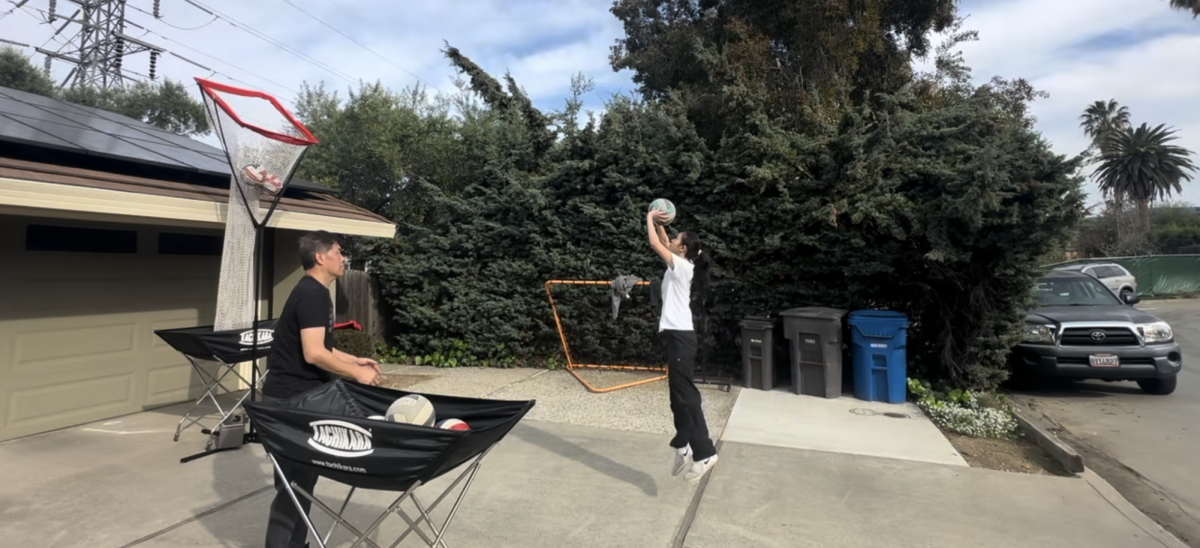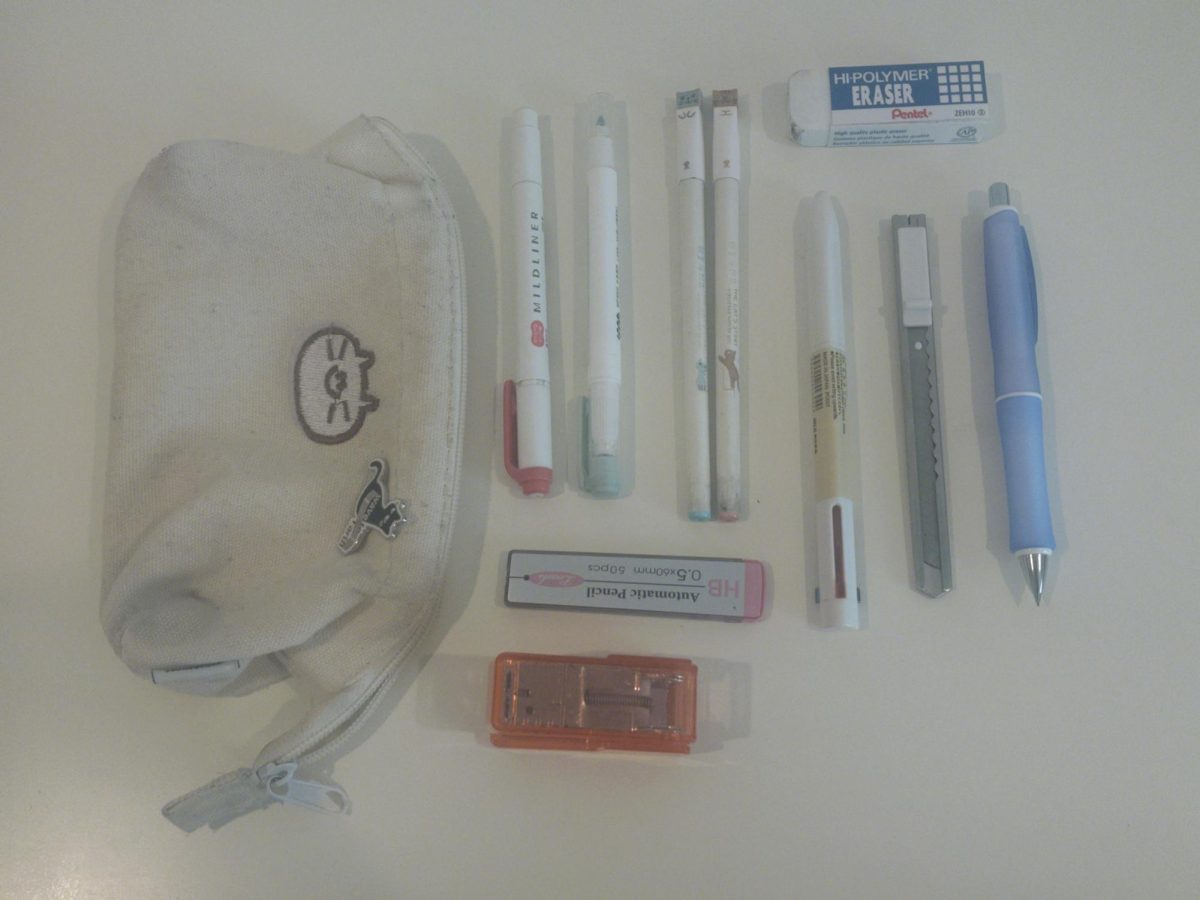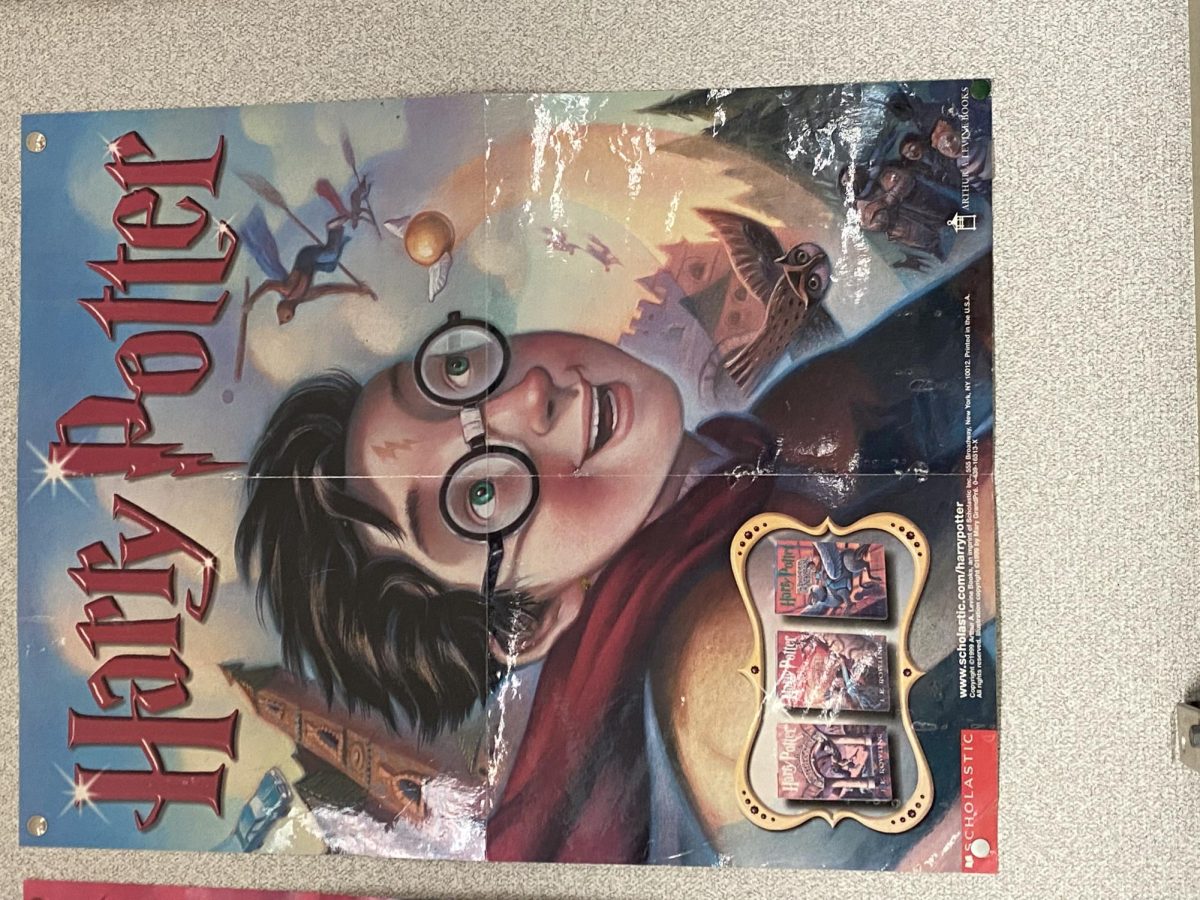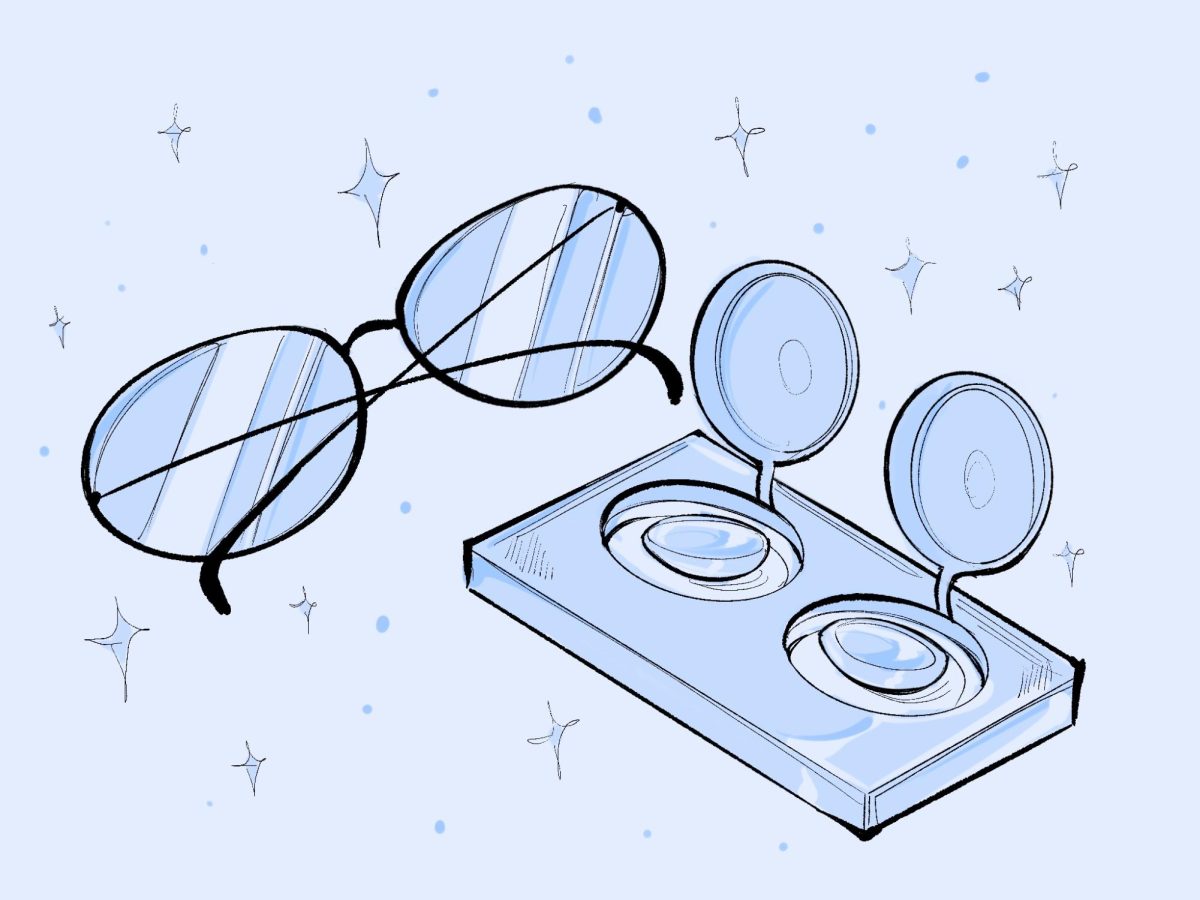Glasses became a remedy for poor vision starting more than 700 years ago. Our ancestors relied heavily on their eyesight to perform daily tasks ranging from trading and building to painting to sculpting and writing, and failing eyesight could mean failing to earn a living and starving to death.
With the invention of the contact lenses in 1888 and their development ever since, many patients now must ask themselves: Which is better, contacts or glasses?
As a user of both, I favor glasses — and here’s why: Glasses fit all my criteria but especially one —. they are cheap, handy and reliable to use, as compared to my nighttime contacts that are only semi-dependable for fixing my poor eyesight.
Let me further break down my ratings into three separate categories: affordability, versatility and other considerations.
Affordability is a major consideration for those deciding between prescription glasses ($200 per pair) or contacts ($200-$1,000 yearly). In almost all cases, glasses tend to be cheaper than contact lenses with a lower price and comparatively cheaper maintenance. Contact lenses, on the other hand, are much more expensive, with higher acquisition cost and maintenance costs.
When it comes to versatility, we must consider the types of glasses and contacts. There are single-vision and multifocal glasses while contacts have day-wear and nighttime lenses (ortho-k), each fulfilling a different part of the user’s needs.
Single-vision and multifocal glasses excel at fixing blurry vision for distances, with multifocal having the additive ability of having different prescriptions for far-sightedness and near-sightedness. Single vision is better for a wider view of your surroundings while multifocal splits up your lens for different scenarios which can be a perk for some.
However, glasses can have their own downsides in versatility, such as blurry peripheral vision and its inability to cure astigmatism — a condition where your eyes are more ellipsoidal than spherical — since they are external and don’t reshape your eyes. Other major complaints are constant fogging of the glasses, water obscuring vision in the rain and of course, falling off during high intensity movement. Contact lenses, on the other hand, excel at fixing your vision in a more natural way by reshaping your eyes and do not get in your way when playing sports or when the weather is unfavorable.
Specific nighttime contacts, known as ortho-k, can also help cure astigmatism, benefitting users with long-term side effects. Ortho-k also have a longer-lasting effect compared to glasses, keeping your vision corrected for a certain duration of time even after taking them off. This is why many individuals choose contact lenses over glasses, hoping one day they can go without the prescriptions entirely.
Finally, there are some other considerations to take into account. For example, some people may not appreciate the weight of glasses sitting on their nose and ears while others have a distaste for how glasses make them look. Some state that glasses boost their confidence and make them appear more dignified and formal, but the decision on such vanities is really up to you.
Contacts can become the objects of loathing due to the amount of care needed for quality assurance. Some may still need the assistance of glasses even after using contact lenses, meaning that contacts actually don’t entirely fix users’ eyesight problems.
Again, based on all my experiences, glasses are almost always better — they are cheap and their maintenance requirements are minimal. Glasses fulfill all my needs since I don’t wear them during sports, nor do I have severe astigmatism. I am not one to care about vanity or the weight of them on my nose, and, most of all, I prefer glasses since contacts can lose their effectiveness later on in the day.





























